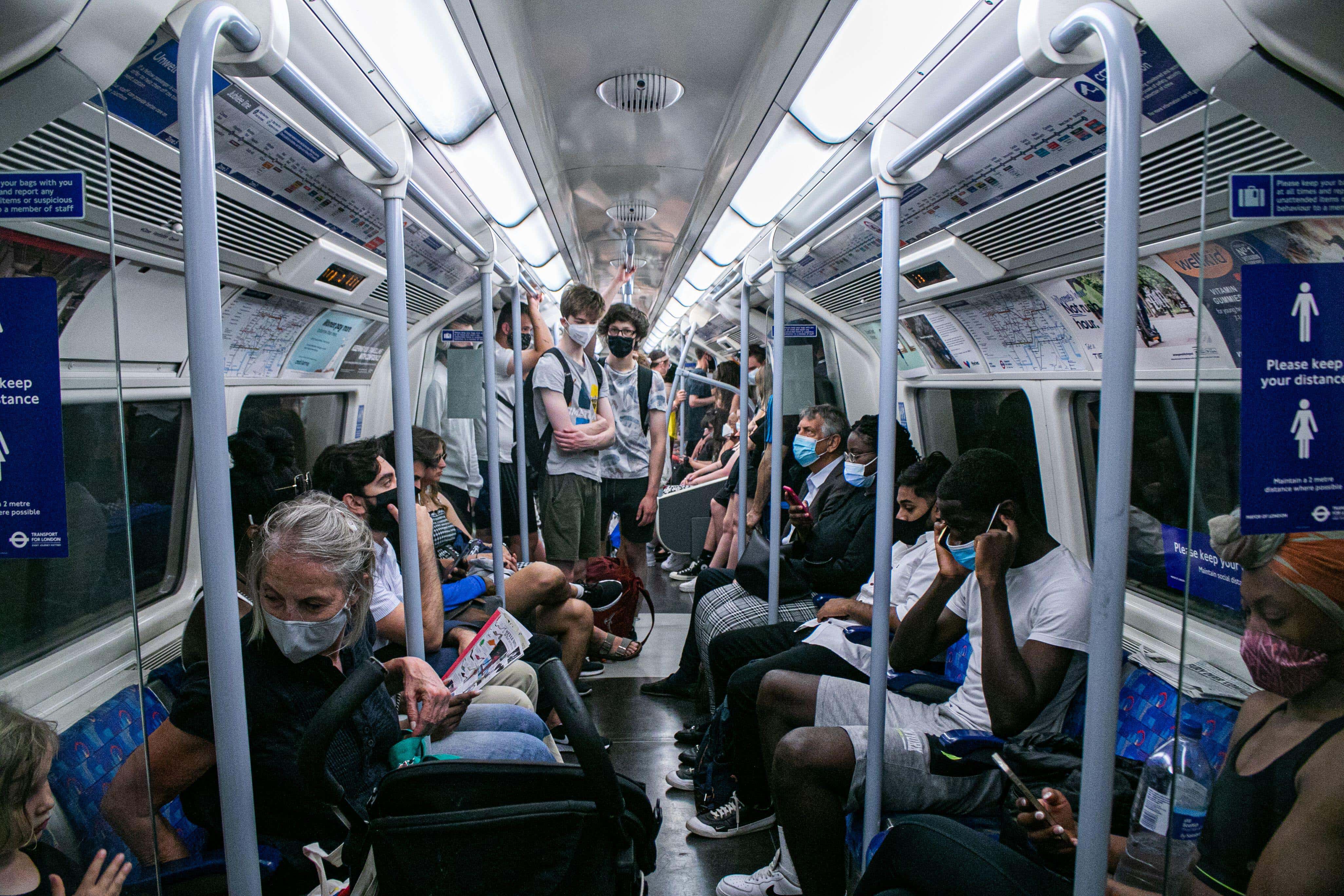‘More than a million people’ in UK have had long Covid for at least a year
Prevalence of long Covid is highest among people aged 35 to 69.

Your support helps us to tell the story
From reproductive rights to climate change to Big Tech, The Independent is on the ground when the story is developing. Whether it's investigating the financials of Elon Musk's pro-Trump PAC or producing our latest documentary, 'The A Word', which shines a light on the American women fighting for reproductive rights, we know how important it is to parse out the facts from the messaging.
At such a critical moment in US history, we need reporters on the ground. Your donation allows us to keep sending journalists to speak to both sides of the story.
The Independent is trusted by Americans across the entire political spectrum. And unlike many other quality news outlets, we choose not to lock Americans out of our reporting and analysis with paywalls. We believe quality journalism should be available to everyone, paid for by those who can afford it.
Your support makes all the difference.More than one million people in the UK with long Covid are likely to have first had coronavirus at least a year ago, while half a million first had the virus more than two years ago, new figures suggest.
A total of 2.3 million people across the country are now estimated to be suffering from long Covid, or 3.5% of the population.
This includes around one in 20 people aged 35 to 69.
The figures have been published by the Office for National Statistics (ONS) and are based on self-reported long Covid from a representative sample of people in private households in the four weeks to September 3.
They show that of the 2.3 million people estimated to have long Covid, 1.1 million (46% of the total) first had Covid-19, or suspected they had the virus, at least 12 months ago.
Some 514,000 (22%) first had Covid at least two years previously.
The estimates cannot be compared directly with previous long Covid surveys published by the ONS, due to a change in the way the data has been collected.
But they suggest there are sharp differences in the prevalence of long Covid among age groups and occupations.
An estimated 5.0% (around one in 20) of 35-69 year-olds are likely to be suffering from long Covid, compared with 3.6% of 25-34 year-olds, 2.9% of people aged 70 and over and 2.7% of 17-24 year-olds.
People working in social care reported the highest prevalence of long Covid among employment groups (5.5%), followed by civil servants and local government staff (5.2%) and health care employees and teachers (5.0%).
Levels were lower among occupations such as financial services (3.4%), hospitality (3.5%) and information technology (3.8%).
Long Covid is likely to be adversely affecting the day-to-day activities of 1.6 million people – nearly three-quarters of those with self-reported long Covid – with 342,000 saying their ability to undertake day-to-day activities has been “limited a lot”, the ONS found.
Fatigue is the most common symptom (experienced by 69% of those with long Covid), followed by difficulty concentrating (45%), shortness of breath (42%) and muscle ache (40%).
There is no standard measure for long Covid, with the ONS using a definition based on symptoms that have persisted for more than four weeks after a first suspected coronavirus infection, where the symptoms could not be explained by something else.